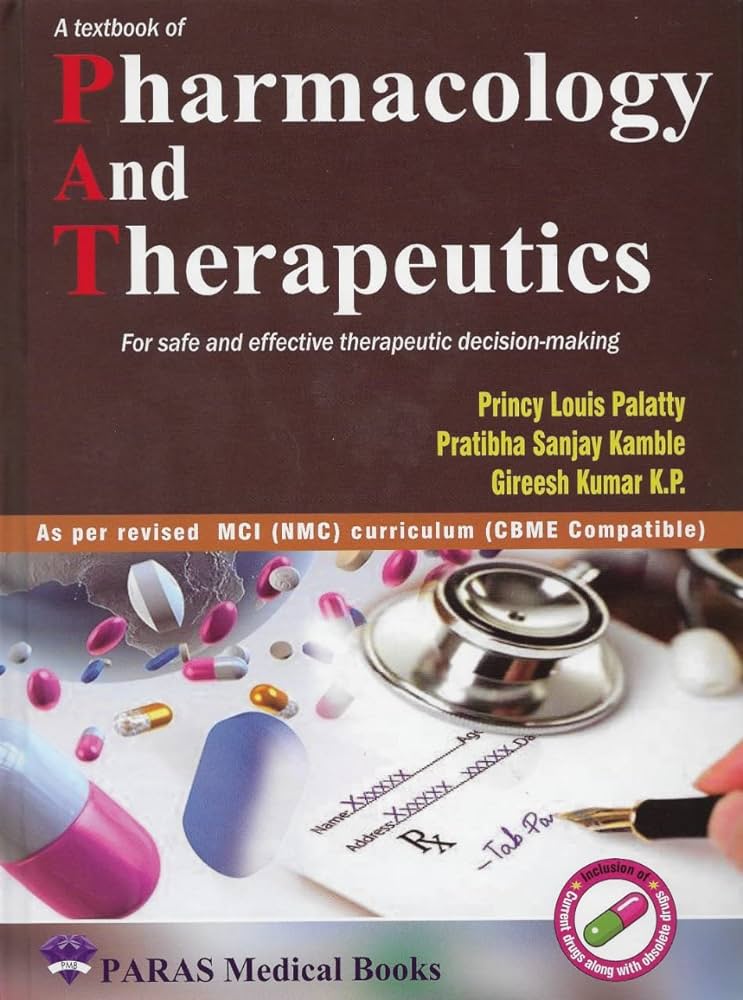附带致死率:癌症中一种独特的合成致死率。
IF 12.5
1区 医学
Q1 PHARMACOLOGY & PHARMACY
引用次数: 0
摘要
基因相互作用在细胞基本功能中发挥着至关重要的作用。肿瘤的内在基因缺陷通常分别涉及肿瘤抑制基因(TSG)和癌基因的功能增益突变和功能缺失突变,从而提供了潜在的抗肿瘤脆弱性。此外,存在 TSG 缺陷的肿瘤细胞对代偿途径的抑制表现出更高的敏感性。合成致死和附带致死是在多种癌症中利用新型药物靶点的两种策略。侧向致死是一种独特的合成致死类型,当邻近 TSG 中的客体基因被共同删除时就会发生侧向致死。虽然合成致死已经在临床实践中得到了成功验证,但基于侧向致死的抗肿瘤疗法仍主要处于临床前阶段。因此,筛选癌症基因组内潜在的基因相互作用已成为一种很有前景的药物开发方法。本文讨论了两种概念性治疗策略,即删除或失活癌症特异性 TSG。此外,还讨论了筛选和识别潜在基因伙伴的现有方法。本综述特别强调了 "附带致死 "目前在临床前阶段取得的进展,并探讨了将其转化为治疗应用所面临的挑战。本综述深入探讨了这些策略,为开发个性化抗肿瘤疗法提供了新机遇。本文章由计算机程序翻译,如有差异,请以英文原文为准。
Collateral lethality: A unique type of synthetic lethality in cancers
Genetic interactions play crucial roles in cell-essential functions. Intrinsic genetic defects in tumors typically involve gain-of- and loss-of-function mutations in tumor suppressor genes (TSGs) and oncogenes, respectively, providing potential antitumor vulnerabilities. Moreover, tumor cells with TSG deficiencies exhibit heightened sensitivity to the inhibition of compensatory pathways. Synthetic and collateral lethality are two strategies used for exploiting novel drug targets in multiple types of cancer. Collateral lethality is a unique type of synthetic lethality that occurs when passenger genes are co-deleted in neighboring TSGs. Although synthetic lethality has already been successfully demonstrated in clinical practice, antitumor therapeutics based on collateral lethality are predominantly still in the preclinical phase. Therefore, screening for potential genetic interactions within the cancer genome has emerged as a promising approach for drug development. Here, the two conceptual therapeutic strategies that involve the deletion or inactivation of cancer-specific TSGs are discussed. Moreover, existing approaches for screening and identifying potential gene partners are also discussed. Particularly, this review highlights the current advances of “collateral lethality” in the preclinical phase and addresses the challenges involved in translating them into therapeutic applications. This review provides insights into these strategies as new opportunities for the development of personalized antitumor therapies.
求助全文
通过发布文献求助,成功后即可免费获取论文全文。
去求助
来源期刊
CiteScore
23.00
自引率
0.70%
发文量
222
审稿时长
90 days
期刊介绍:
Pharmacology & Therapeutics, in its 20th year, delivers lucid, critical, and authoritative reviews on current pharmacological topics.Articles, commissioned by the editor, follow specific author instructions.This journal maintains its scientific excellence and ranks among the top 10 most cited journals in pharmacology.

 求助内容:
求助内容: 应助结果提醒方式:
应助结果提醒方式:


